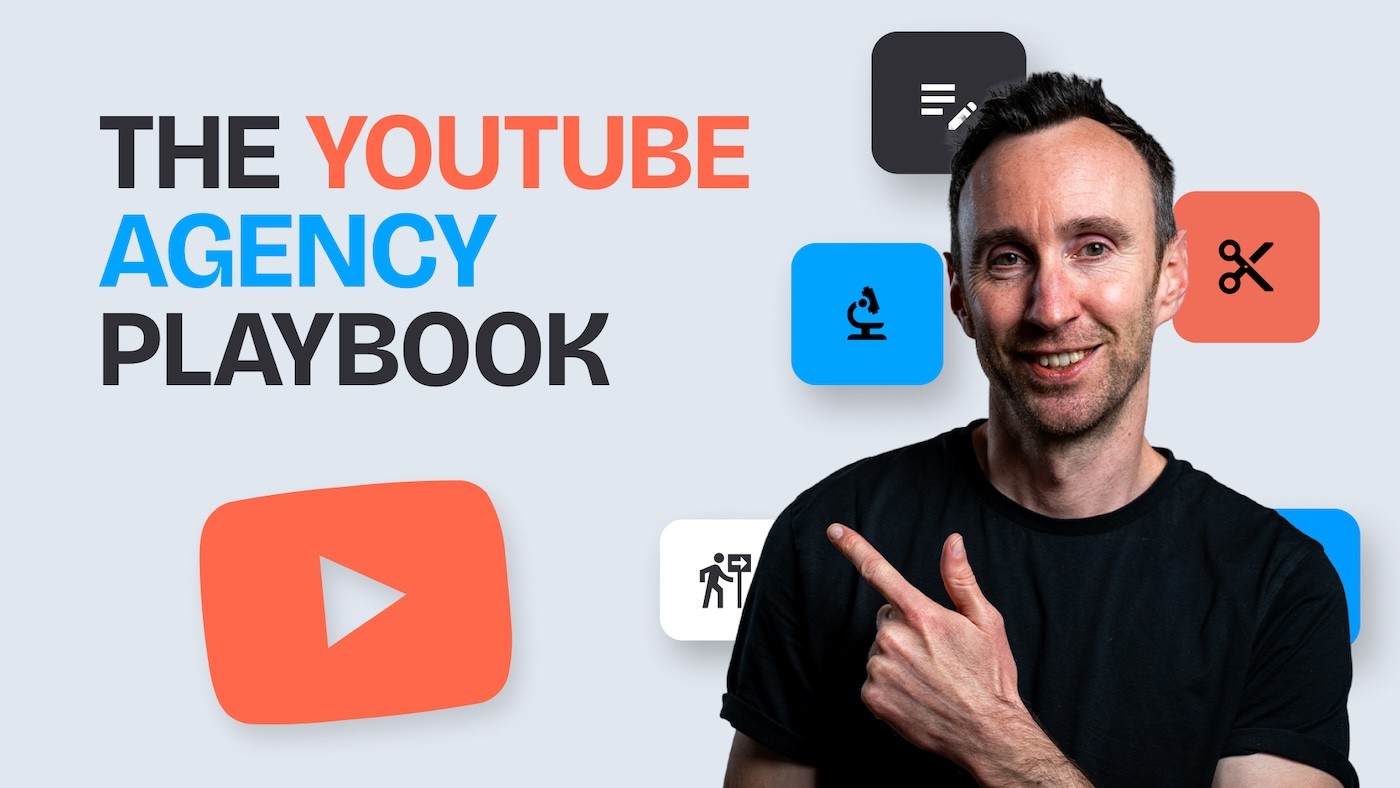BLOG OVERVIEW
What It’s Like to Start a Business in Germany (From Someone Who Actually Did)
In
agency
by
Edward Wood
Jul 28, 2025

Starting a business is often described as jumping out of a plane and building the parachute on the way down. Starting a business in Germany? That’s like doing all of that—but with a clipboard in hand, a stack of forms in your backpack, and a very polite official checking to make sure your parachute complies with DIN EN 12491.
This post isn’t a dry how-to guide. It’s a reflection on what it actually felt like to build a business in Germany—specifically Berlin—from someone who did it, survived it, and is now running a thriving agency with clients across Europe. If you're thinking about taking the leap yourself, this should give you a window into what to expect.
Why I Decided to Start a Business in Germany
Like many good stories, this one starts with a mix of luck, timing, and very stubborn ambition.
I’d been in Germany for years already, first as a student, then working in digital marketing roles. I’d built a network here. I spoke (some) German. I’d freelanced for a bit. And most importantly, I’d met a business partner—Calum—with a shared vision for helping startups grow through YouTube. The idea was simple: we’d launch an agency that helped companies tell better stories with video. The market was growing, the need was real, and Berlin was buzzing.
We didn’t come from generational wealth or have VC money to burn. We started scrappy: two freelancers with a shared Notion board, a few warm leads, and a strong hunch that we could build something better than what we saw out there.
The Legal Stuff: Easier Than Expected (If a Bit Paper-Heavy)
There’s this persistent myth that starting a business in Germany is a bureaucratic nightmare. And yes, there is paperwork. But honestly? It wasn’t that bad.
We started out as freelancers—common and completely viable here—which let us start earning and testing the waters without going full tilt on incorporation. When it came time to form an actual company (in our case, a UG, or Unternehmergesellschaft), the steps were clear:
Go to a notary (there are loads of them in Berlin).
Draft and sign your shareholder agreement.
Wait for the Handelsregister to officially list your company.
Get your tax number, open a business bank account, and you’re off.
The entire process cost a few hundred euros, and while it took a few weeks for the Handelsregister entry to go live, we were able to continue working in the meantime. Pro tip: you can invoice with the "i.G." ("in Gründung"—in formation) label while you wait.
Calum also qualified for the Gründungszuschuss, a startup grant offered by the Jobcenter. It’s a small but mighty subsidy that helped bridge the gap during those early months. And I’ll say this: it’s easier to go full-time on your idea when someone’s covering your rent.
Surprises Along the Way (Some Good, Some Bureaucratic)
The biggest surprise? How doable it all felt. The narrative that Germany is impossibly rigid or closed-off to new businesses didn’t hold true in our experience. Yes, the forms are in German. Yes, the process has more steps than it might in the UK or US. But it’s also predictable. There are clear rules, consistent timelines, and enough guides (plus AI tools) out there to help you through it.
What did trip us up was some of the terminology. Things like “Gewerbeanmeldung” or “USt-IdNr” aren’t exactly intuitive if you didn’t grow up here. But again, with a good Steuerberater (tax advisor) and a bit of Googling, we found our way.
Also: get health insurance sorted early. It’s mandatory, and it can delay other steps if you’re not already covered.
Business Culture in Berlin: Not What You’d Expect (In a Good Way)
Here’s the thing about Berlin: it’s not your stereotypical German city. The startup scene here is international, English-friendly, and surprisingly fluid. We rarely faced language barriers when it came to client work. In fact, many of our early clients were international founders or marketing teams working in English.
That said, the German market still values structure. There’s a real appreciation for professionalism, clarity, and contracts. If you say you’ll deliver on Tuesday, deliver on Tuesday. If you send an offer, make sure it includes VAT. It’s not about red tape—it’s about trust.
We leaned into that. From day one, we ran our agency like a proper business, not a side hustle. We documented our workflows, created clear contracts, and set up systems that could scale. And that’s paid off.
If You’re Thinking of Starting a Business Here…
I’m not big on giving advice. Every founder’s journey is different. But here’s what I can say:
Use what’s available. There are grants, subsidies, and resources for founders. Apply for them.
Don’t wait to be perfect. We launched with rough decks, a simple website, and a handful of case studies. You don’t need it all figured out.
Find your people. Berlin is full of solo founders and small teams. Tap into that energy. Coworking spaces, founder drinks, WhatsApp groups—those connections matter.
Get a good tax advisor. Just trust me on this one.
Final Thoughts
Starting a business in Germany wasn’t always easy, but it was never impossible. In fact, once we got through the first wave of documents and declarations, we found ourselves in one of the most supportive, creative, and opportunity-rich cities in Europe.
It’s not paradise. But if you’ve got a vision, a laptop, and a tolerance for acronyms, Berlin’s a pretty great place to build something real.



